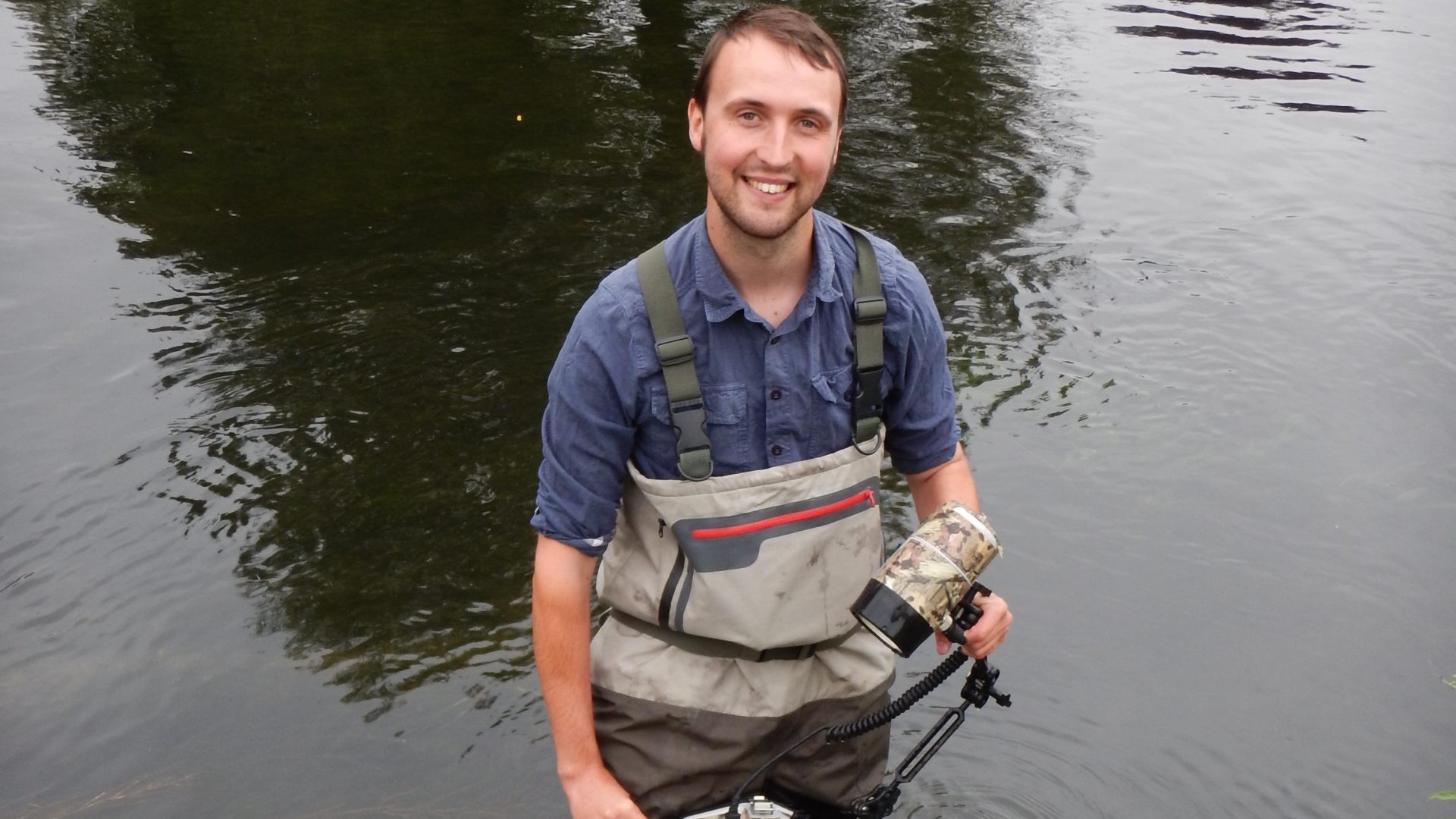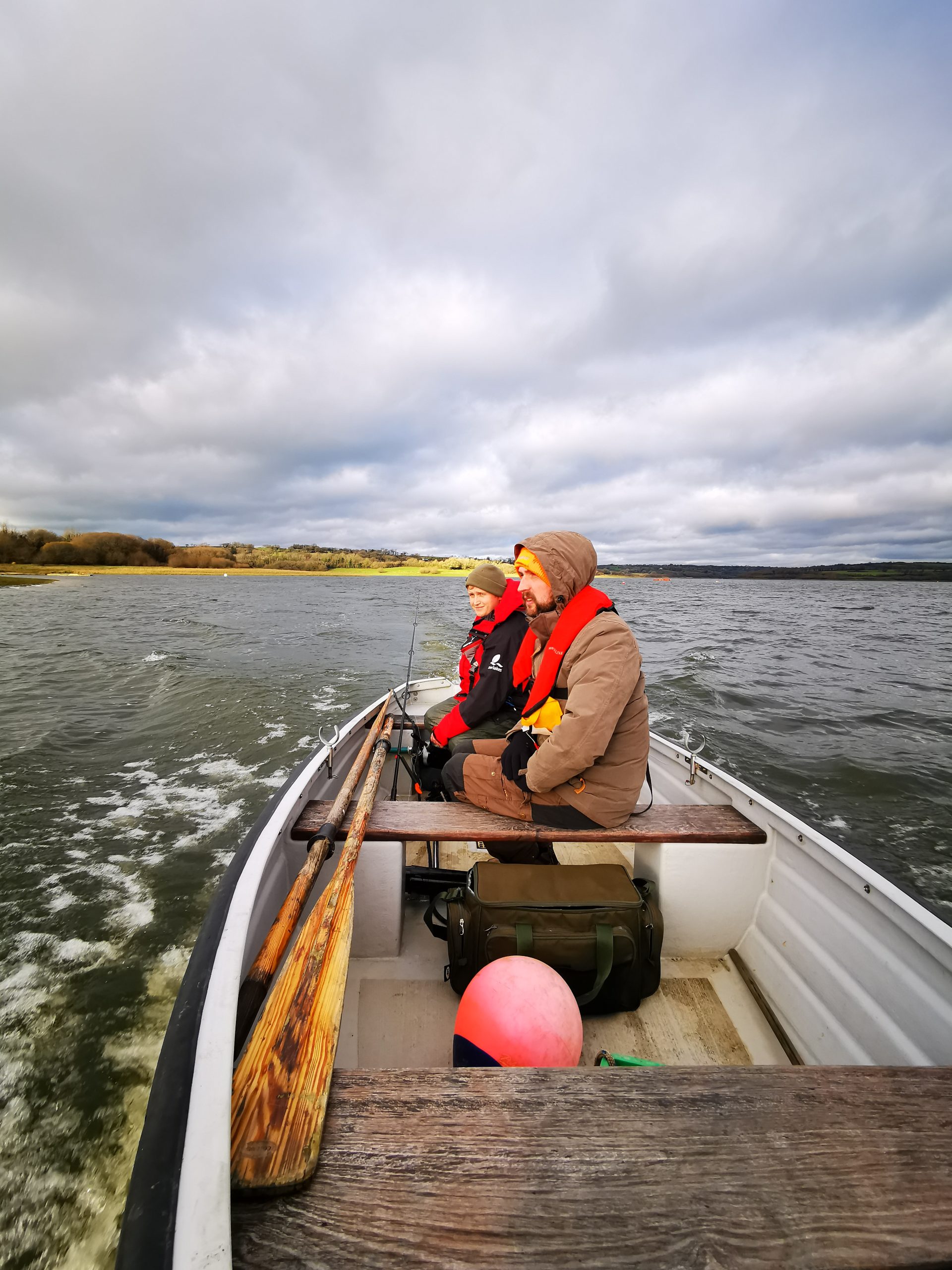South West Water has teamed up with a professional wildlife filmmaker to explore what invasive non-native (INNS) species are lurking within the region’s reservoirs.
South West Water commissioned professional wildlife filmmaker Jack Perks – whose work has featured on the likes of Springwatch and David Attenborough’s ‘Wild Isles’ series – to undertake surveys using underwater cameras.
The innovative surveying technique was part of a trialled approach by the water company to look for invasive non-native species, such as American signal crayfish, at the company’s sites and confirm their presence to help contain the species.
Invasive non-native species are animals, plants, fungi or microorganisms that have been introduced to areas where they would not naturally be found by human action – intentionally or accidentally – and have a negative impact on our environment, economy or health.
Jack’s cameras effectively located the elusive American signal crayfish at Roadford Reservoir in areas of the lake where other methods have previously proven unsuccessful. American signal crayfish are highly invasive and have a big negative impact on our native wildlife.
Along with tracking invasives, the cameras provided a good insight into the overall health of the reservoirs and their ecology. Other species recorded included fish such as ruffe (considered INNS in Cornwall and Devon), perch, rainbow trout, pike and eels, amongst others.
The findings from the camera surveys will be used to identify what further biosecurity measures could be used by South West Water to control the spread of INNS.
Kate Hills, Biosecurity and Invasives Manager at South West Water, said:
“We are delighted to be working with Jack to tackle the threat posed to our native wildlife by invasive non-native species. The results of the work so far have been really encouraging and the method has proved to be a great way to record species. Following the success of the trial, we will be looking to use this innovative surveying technique more widely, alongside more traditional methods, to look at the distribution of species across our sites.”
Jack Perks said:
“I’ve been to some sites I’d never even heard of before, visiting remote and stunning lakes and getting a glimpse into what’s living in them.”
Jack has also delivered a number of talks to a range of stakeholders about the survey work and how it helps South West Water to monitor INNS to raise awareness about invasives.
South West Water will be hosting a stand at The South West Fly Fair at Roadford Lake Café and Venue on Sunday 25 February to talk to anyone interested in learning more about invasives and the work they are doing to control them.




